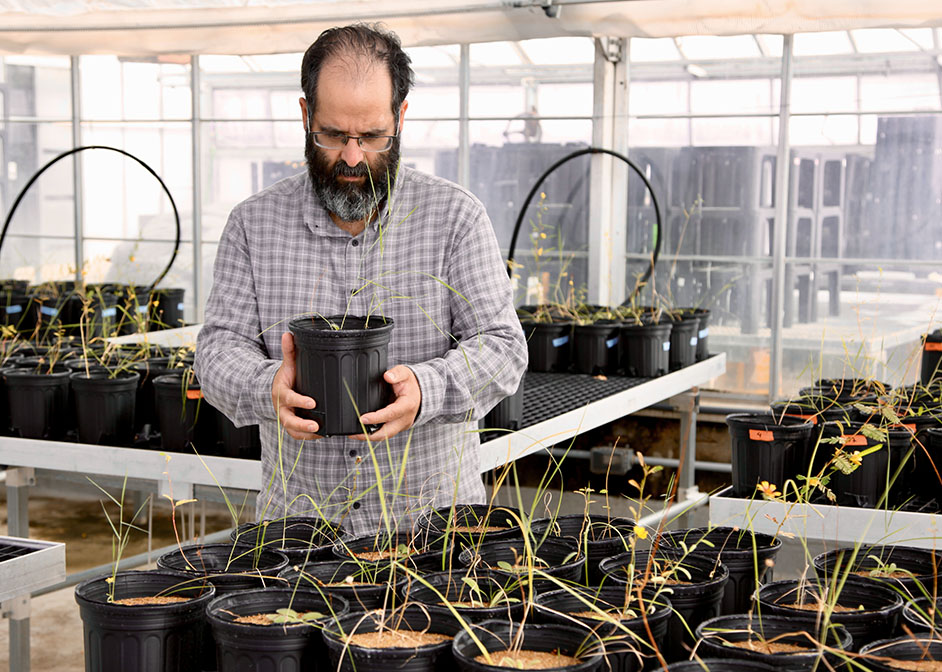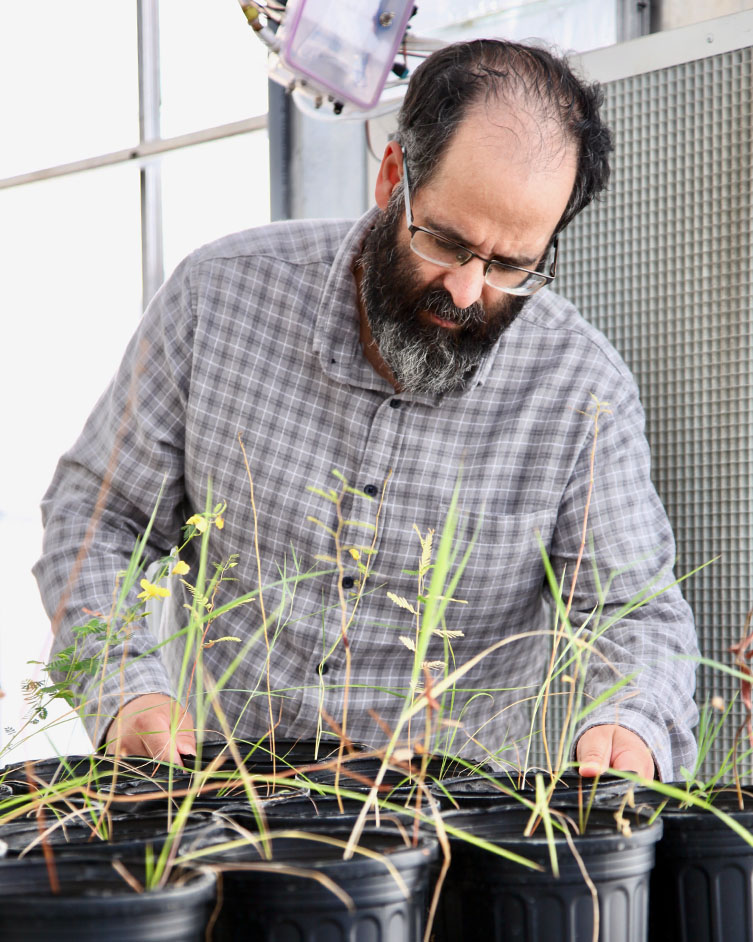Recognized for Work Focused on Providing Opportunities for Diverse Scientific Viewpoints
University of Houston ecologist Martin A. Nuñez has been recognized with the 2022 Excellence in Restoration Research Award from the Texas Society for Ecological Restoration.

An associate professor in the Department of Biology and Biochemistry, Nuñez was selected based on his research in restoration science and for his work to identify ways it can become a more equitable field in countries around the world.
Advocating for Greater Accessibility to Science
A diverse set of views on scientific topics is important in the advancement of Nuñez’s research in restoration science.
“This is an area I have worked on for many years,” said Nuñez. “My goal is to make this type of science, as well as science in general, more accessible to all parts of the world, and this award exemplifies my work.”
According to Nuñez, there is a need for a truly global scientific community that values the voice of each researcher. “A more active conversation is needed in this area,” he said.

Nuñez has also published papers noting the lack of diversity in scientific research.
“In one paper, I noted my work with one global journal in which I observed only 70% of our papers came from just seven countries,” he said. Through his work, Nuñez wants to change this statistic to make international journals truly international.
Work to Identify Mistaken Assumption in Restoration Science
As part of his work within the UH College of Natural Sciences and Mathematics, Nuñez explores invasions of plant species and how ground conditions affect those processes. He pays close attention to how fungi and other organisms already in the soil affect the roots of invasive plants.
Through his research, Nuñez sees mistakes being made all too often when it comes to the removal of invasive species. He points to an example using fire ants.
“If you kill fire ants at one location, it may solve an immediate problem, but the ants will keep coming back,” said Nuñez. “If we don’t make any changes in the ecosystems, the only logical outcome is a new invasion.”
Through his work, Nuñez sees a responsibility to educate people on proper intervention methods for invasions that are ecologically friendly.
Building a Global Reputation
The scope of Nuñez’s research extends beyond UH. He served as a coordinating lead author for the Intergovernmental Science-Policy Platform on Biodiversity and Ecosystem Services. He has influenced more than 150 scientific publications and is editor of global publications such as “The Journal of Applied Ecology” and “Biological Invasions.”
Over the years, Nuñez has given lectures and supported research around the world about restoration science. Most recently, he visited South Africa where he spoke before an international gathering of faculty and students at Kruger National Park about biological invasions, fungi and forestry.
While earning his Ph.D. from the University of Tennessee at Knoxville, he received a Merit Award and a Science Alliance Award. He later worked in his native country of Argentina where he received an award for his work in biological sciences from the National Academy of Sciences of Argentina.
Houston as a Natural Fit for Nuñez
Following his time in Argentina, Nuñez returned to the U.S. to work at UH. Though presented with several opportunities in different countries, Houston and UH were most attractive to him.
“Houston has provided unparalleled opportunities for my family to fit in because of the level of diversity among the population,” said Nuñez. “No other city in America could compare to the level of diversity here.”
- Chris Guillory, College of Natural Sciences and Mathematics